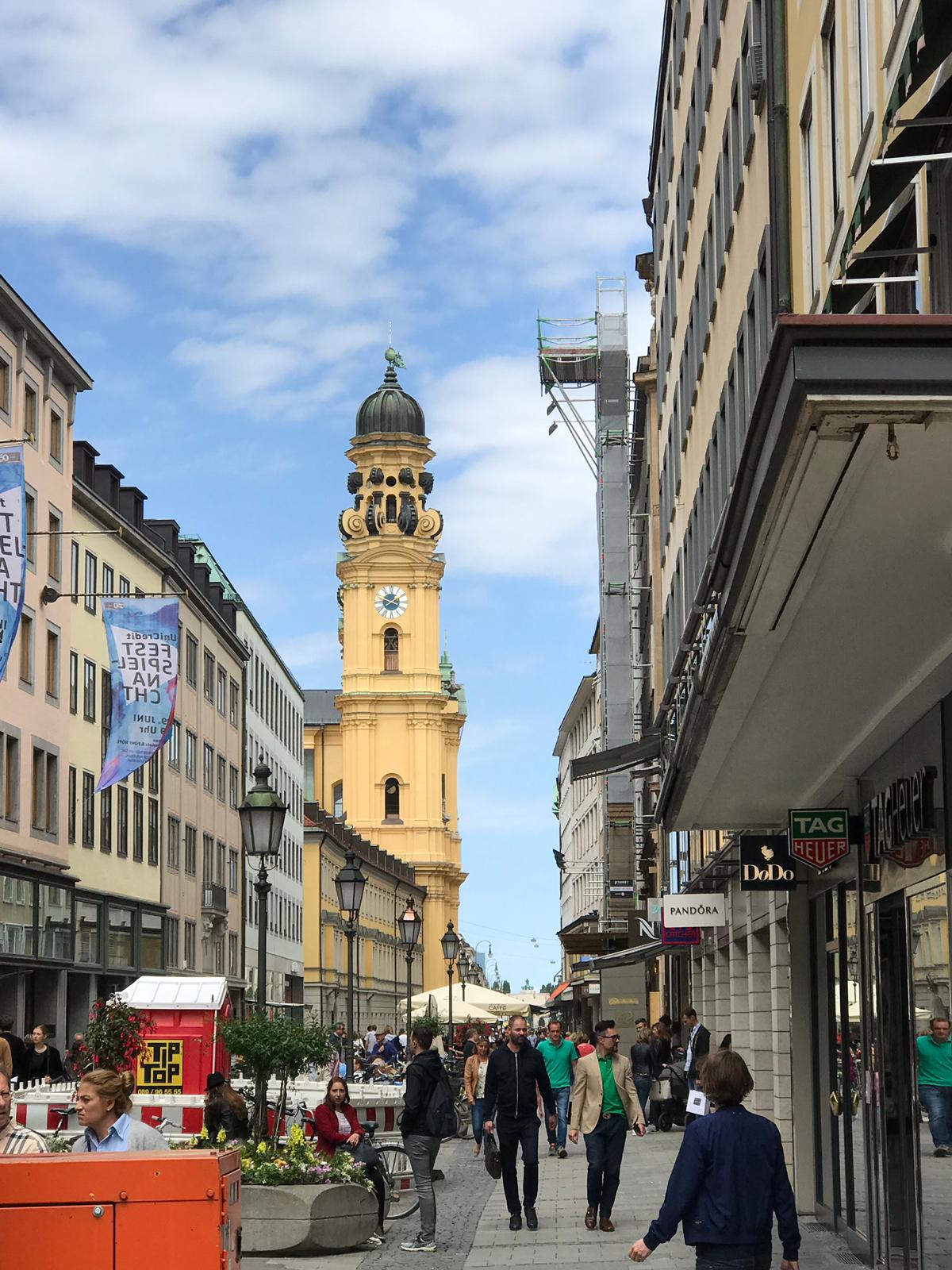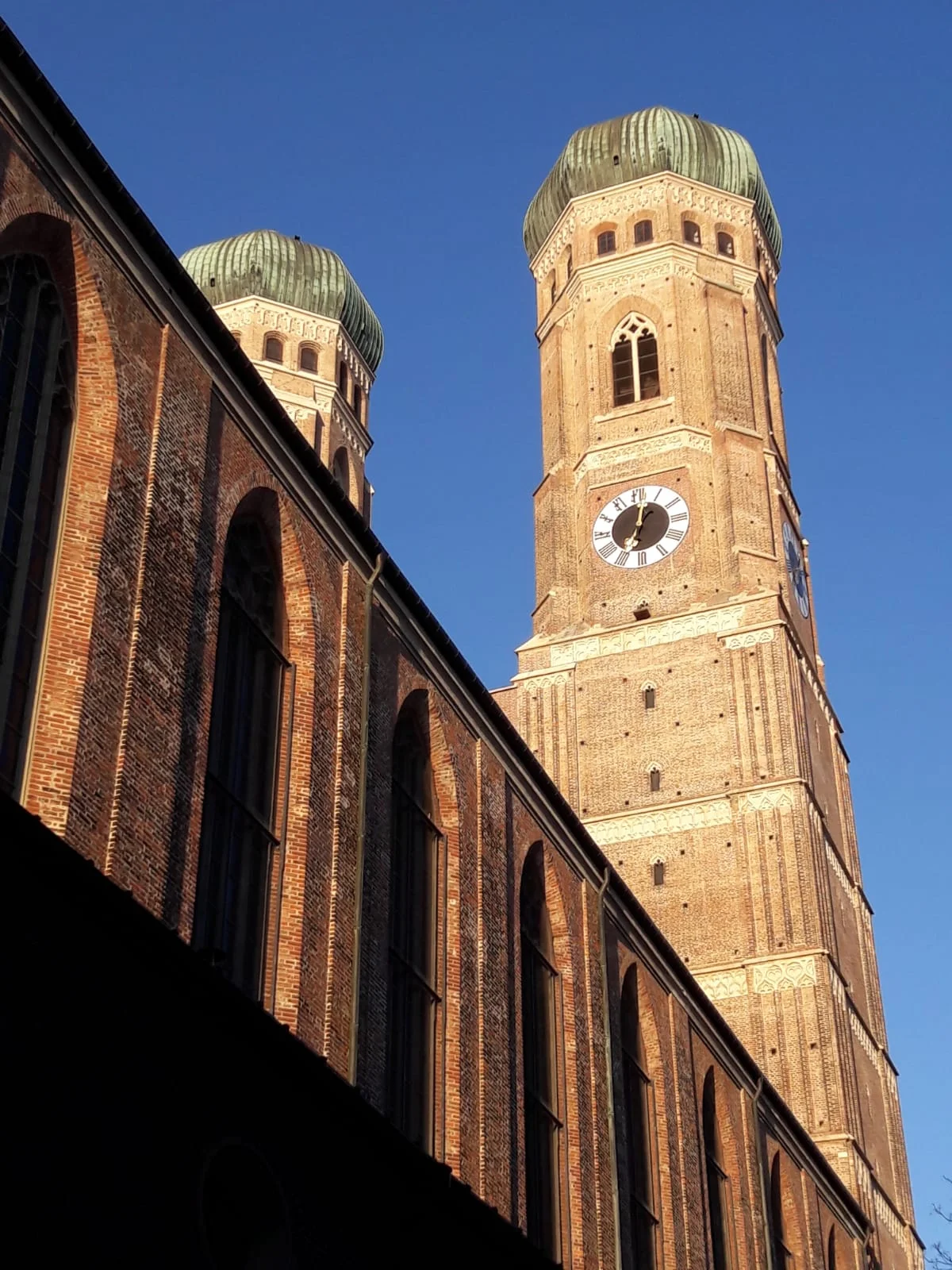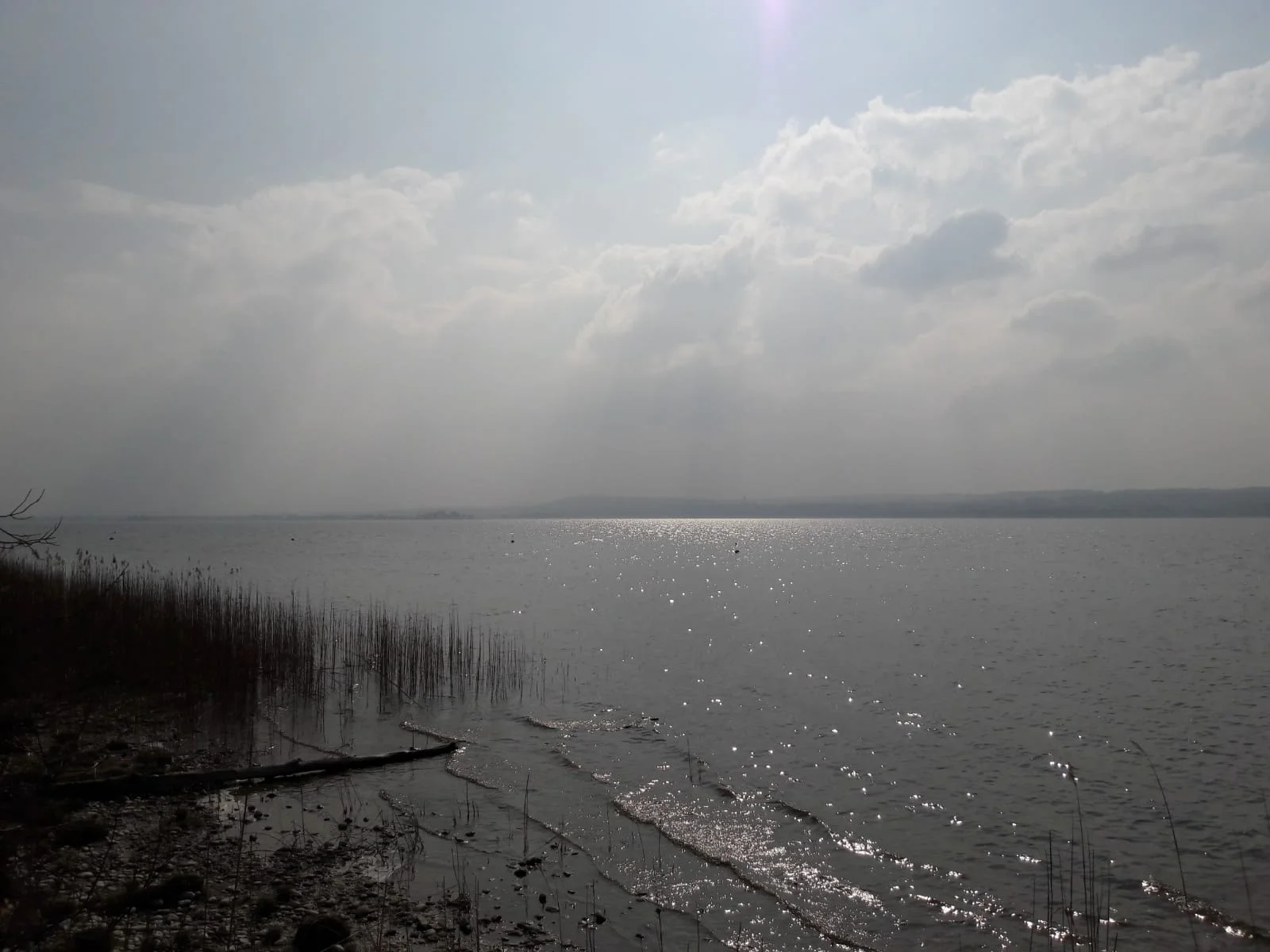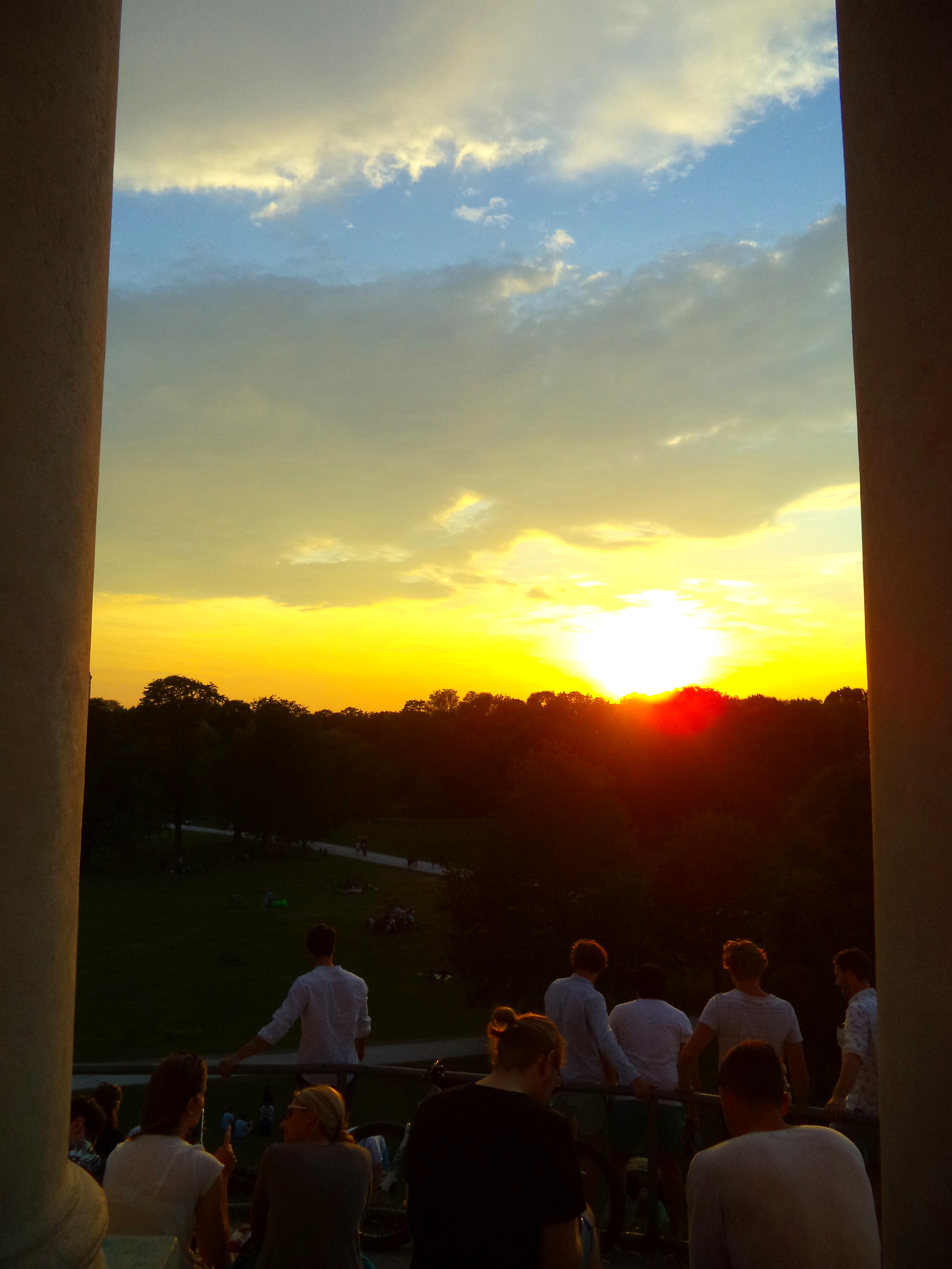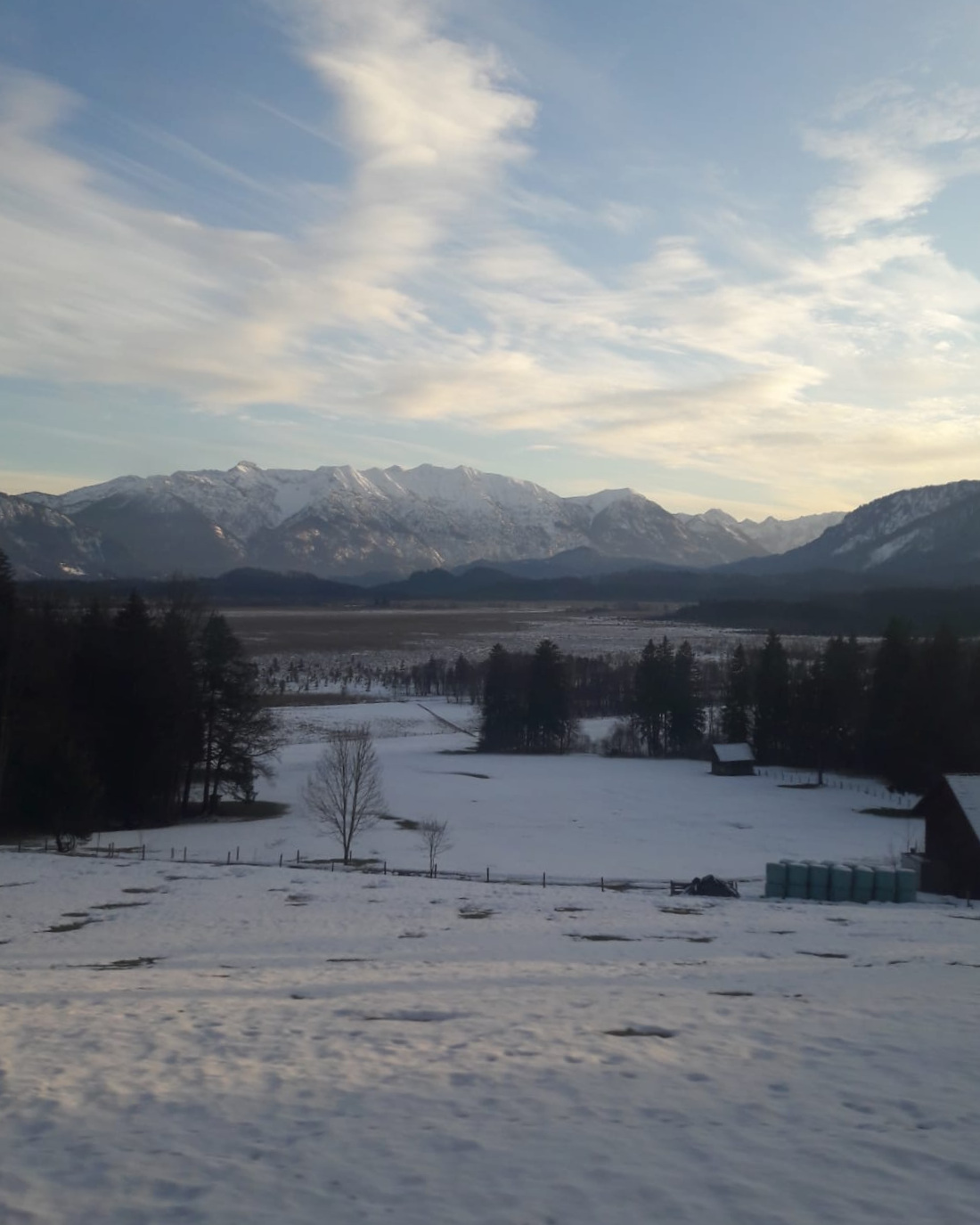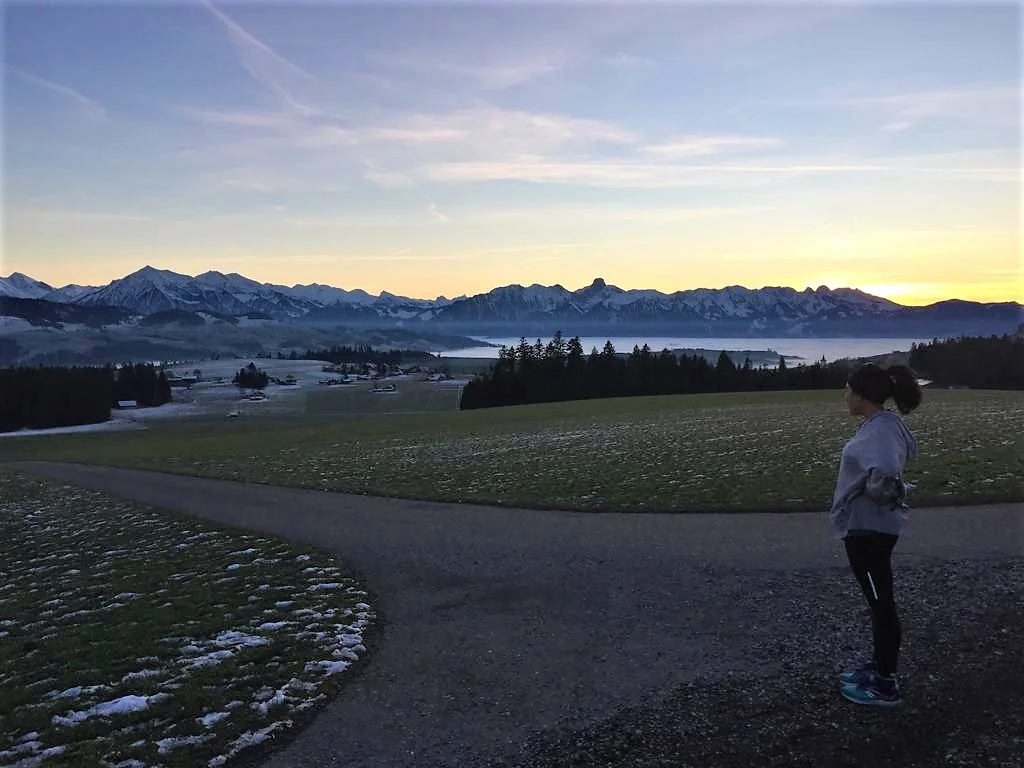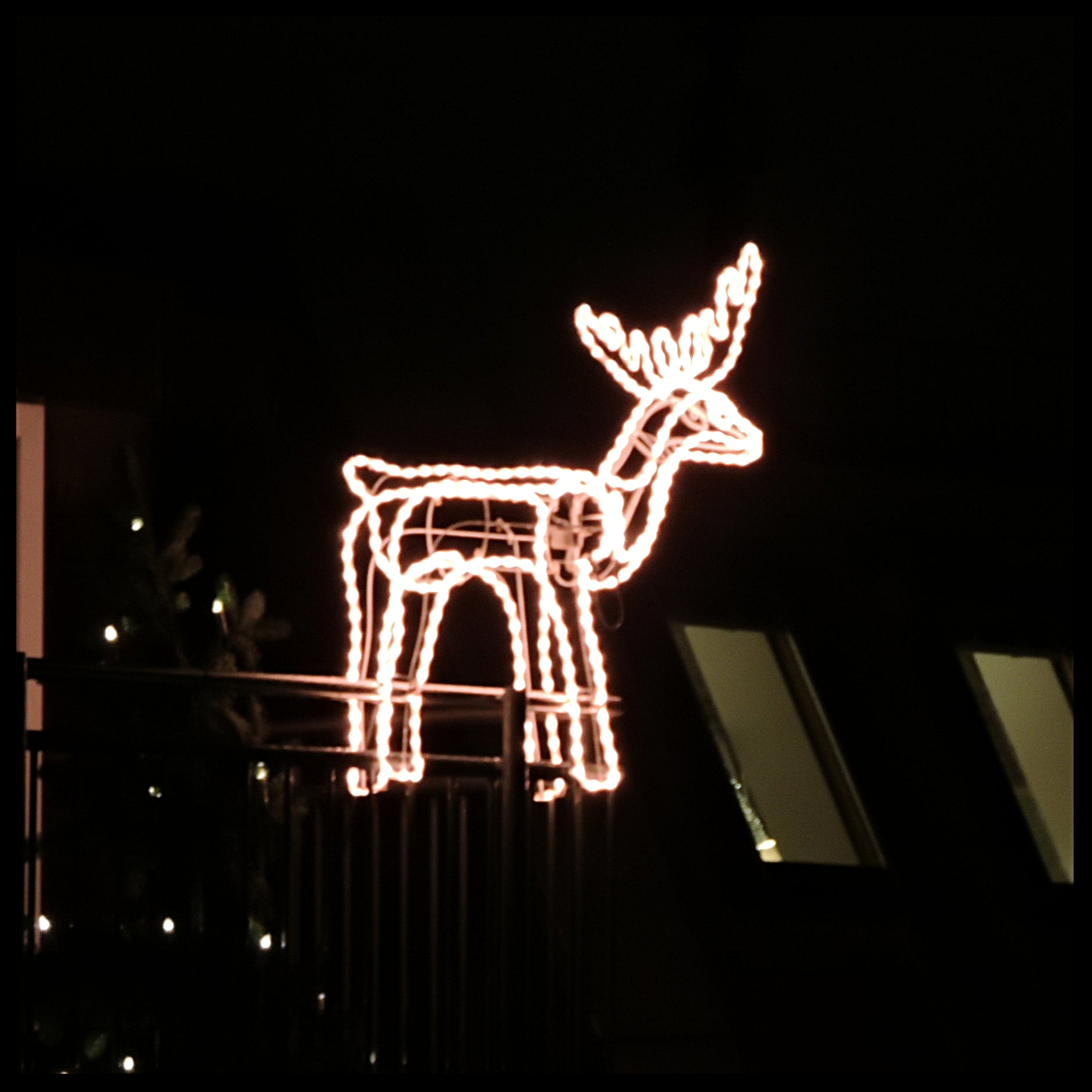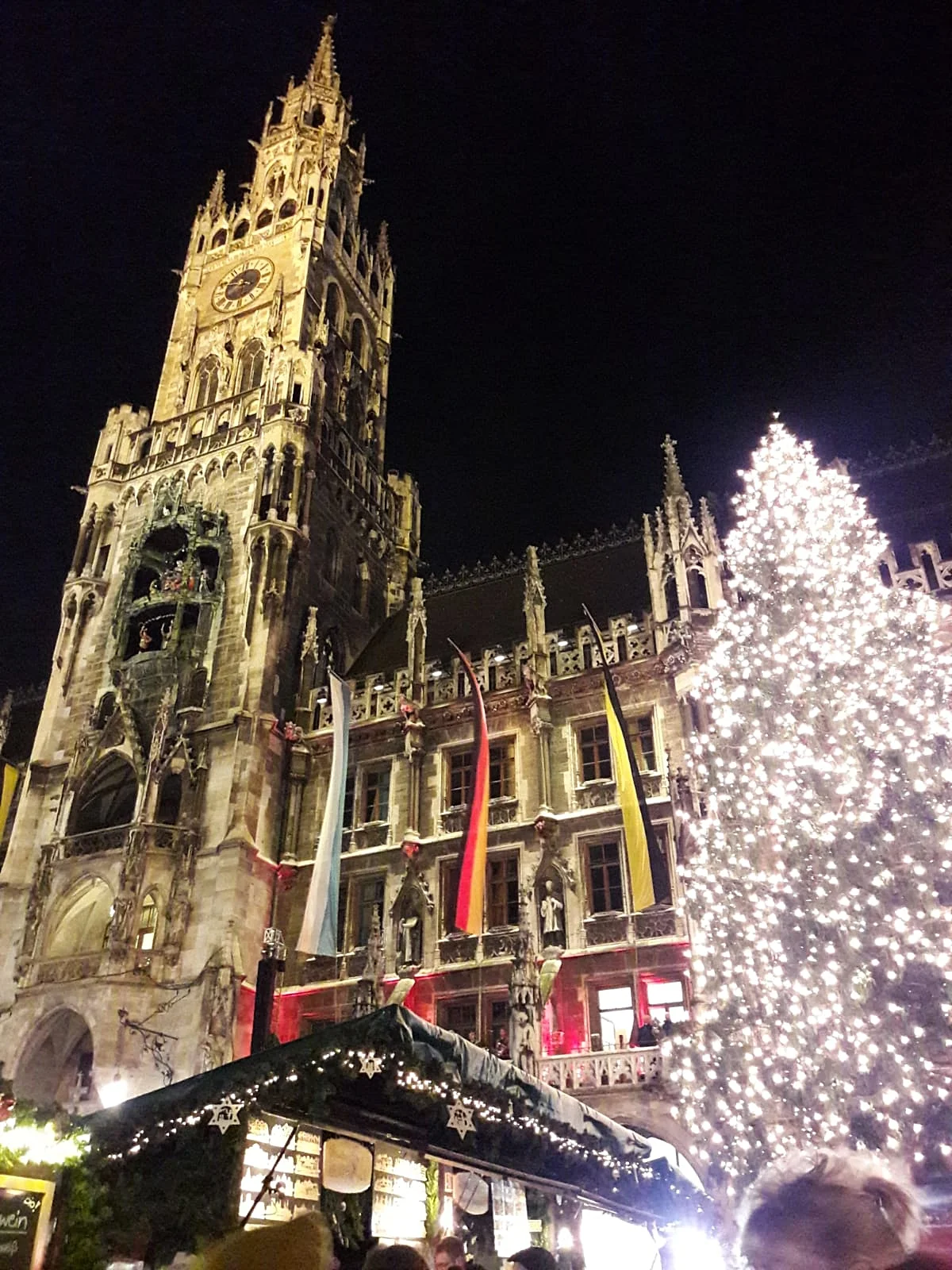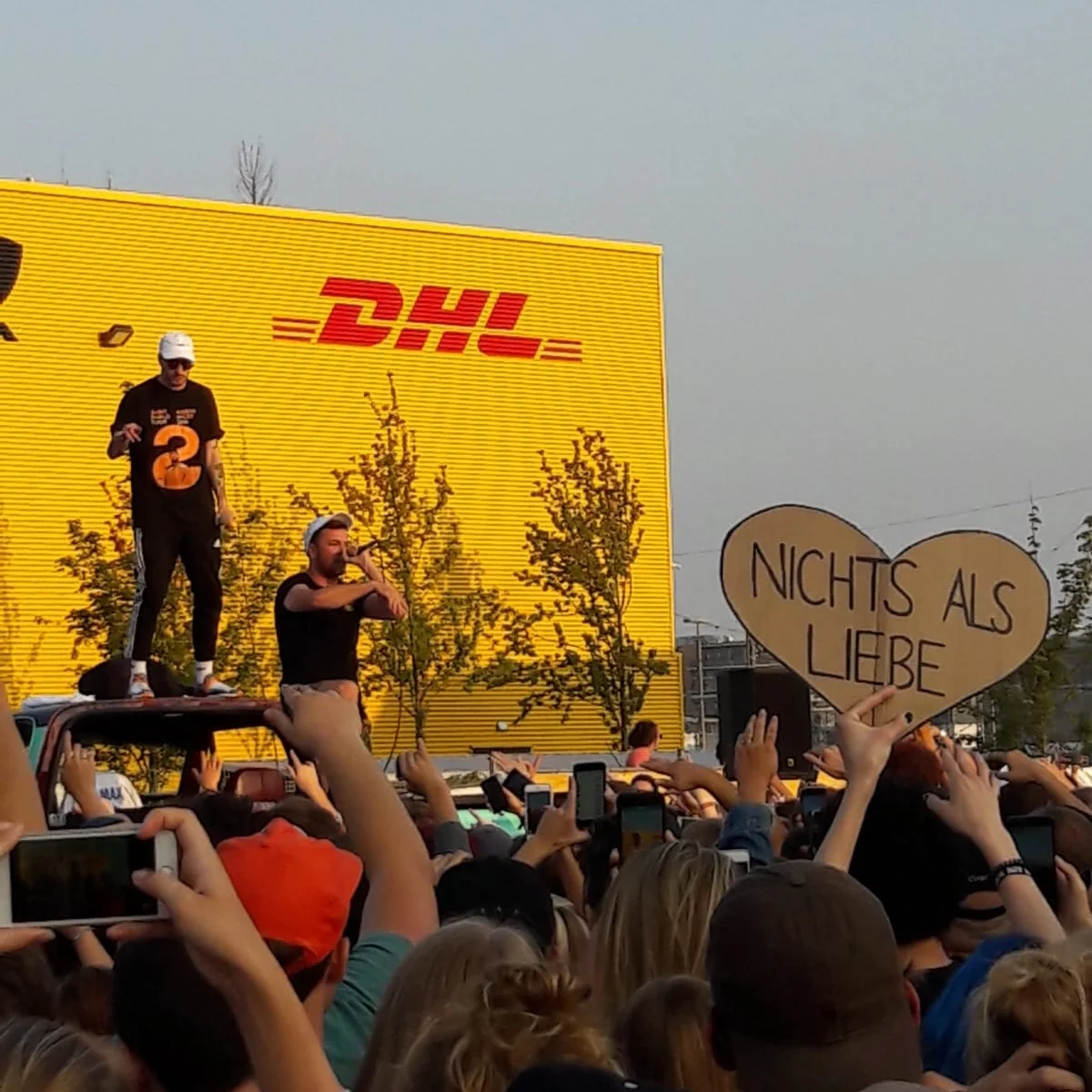The Eye of the Beholder
/Now that the last suitcase is unpacked I can say that I have finally settled in Germany. In doing so I have run out of excuses as to why I cannot keep on top of my correspondence, thus begins the embarrassing task of texting and calling all the many well-wishers that I have left hanging for the last two months. With the exception of a few “new phone, who dis” memes, my friends are forgiving and after the catch-up about birthdays, weddings and babies that I have at best only thumbs upped on Facebook, they ask me what Munich is like.
How to answer that?
The very existence of this blog is an attempt to describe the many facets of living in Munich. To distill it into a few sentences seems to be beyond my writing capabilities but my long-suffering friends deserve more than a catch-all adjective like “nice.” This is why my go-to answer always surprises me.
“Munich is beautiful,” I reply.
It really is. To say anything else first would be to miss the obvious. No matter which direction I start running in, my wheezy steps will inevitably take me past the pretty. Through the criss-crossing streets of the Altstadt I jog past breath-taking facades of grand buildings, each haphazard turn leading me on to another architectural treat. On warmer days I will head north through the riverside parks accompanied on one side by the changing personalities of the River Isar, which at times is calm, at other times churning. Even though I stay on the shady side (direct sunlight + exercise + short stature turns my appearance into that of an oompa loompa) looking across the monument-studded bridges to the heart of the city, I can see domes and spires emerging to give Munich a very specific and very beautiful skyline. Thus far, every area of the city has been nothing less than impressive.
Which is why a visit to the NS-Dokumentationszentrum proved so sobering. Situated in the midst of Munich’s cultural district and also on the former site of Hitler’s pre-war headquarters, the museum details Munich’s key role in the rise of the Nazi Party, as well as the effect of the war years on the town and its populace. From outside the white cube of the building looks extraordinary in comparison to the classical aesthetic of the surrounding area, however, it conforms to Munich standards in the fact that it is also quite beautiful.
On a rainy Saturday afternoon I started my visit as recommended at the top of the museum and wound my way down through four floors, the exhibit unfolding in horror and intensity as it ticked through the years: 1918, 1923, 1938, 1942 and on. Moodily lit from beneath, I could not escape the claustrophobic feeling that comes from a display conducted entirely in those three notorious colours: red, white and black. Here was Munich but not beautiful as I knew it. Places that I had taken oblivious selfies next to had dark histories underlying them. My favorite statues for instance, the lions of Feldherrnhalle, so reminiscent of those in Trafalgar Square, were shown in one photo flanking Hitler during his address to a crowd of thousands in 1934.
Following the display round to the last of its apple peel trail, the museum ended with projected photo reels of Munich after the war. The city was unrecognisable. In place of the domes and spires that I thought so characteristic on my runs, jagged spikes silhouetted the horizon instead. The intricate edifices of Marienplatz were reduced to nothing but an expanse of rubble. All that I aesthetically admired of the city today was a replica albeit a good one, as the join lines of post-war restoration were almost invisible to the eye.
More unsettling, however, was the sinister imprint of Munich’s wartime history on the places that I had come to love. I could not claim to be wholly naive to that though. Just last week a historic echo became an actual call as the far-right party, the AfD, staged a demonstration on the streets of Munich.
So now the answer is a little less instantaneous, when I get asked what Munich is like. Yes, it is still beautiful, but perhaps a more appropriate description would be that it is complicated.



